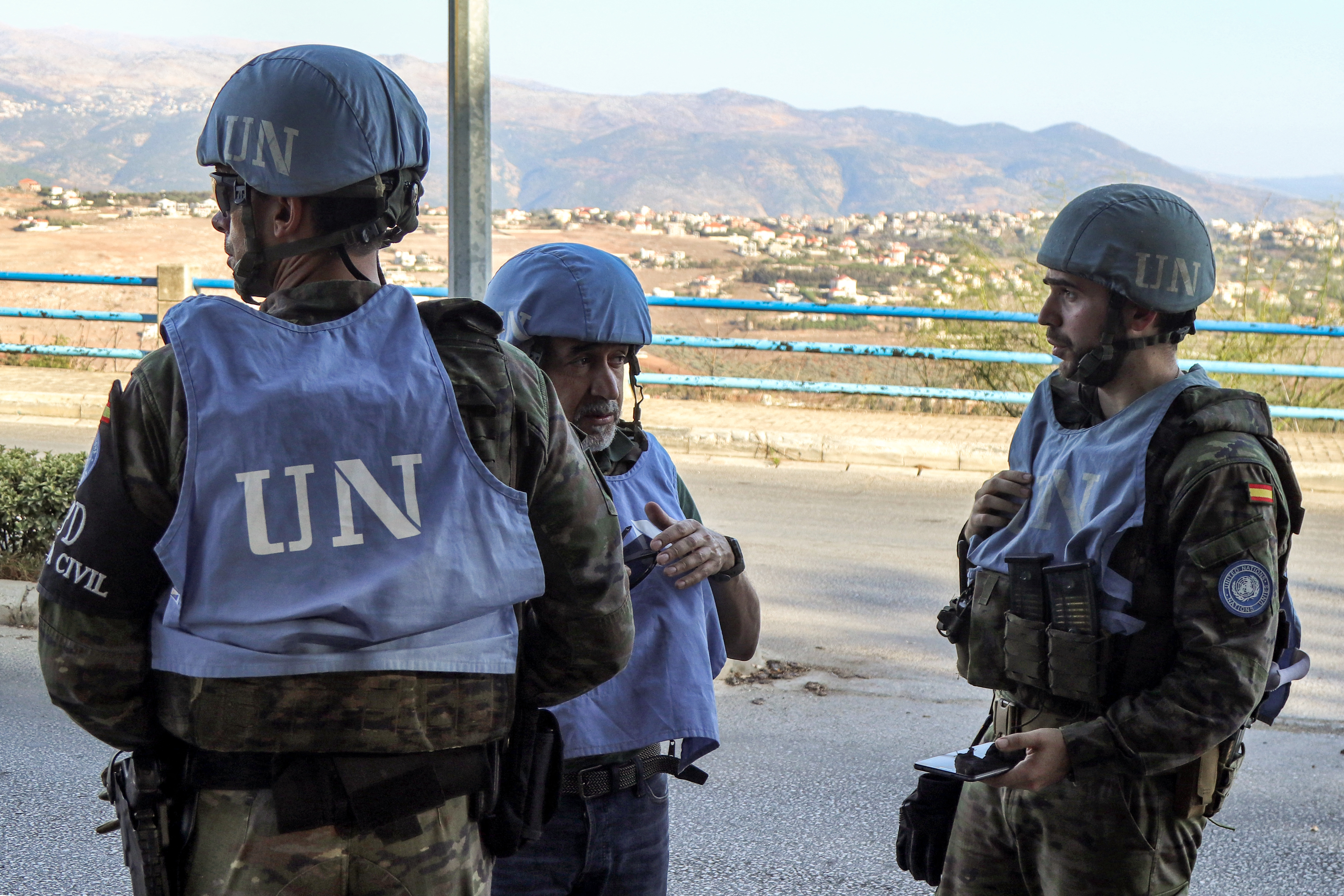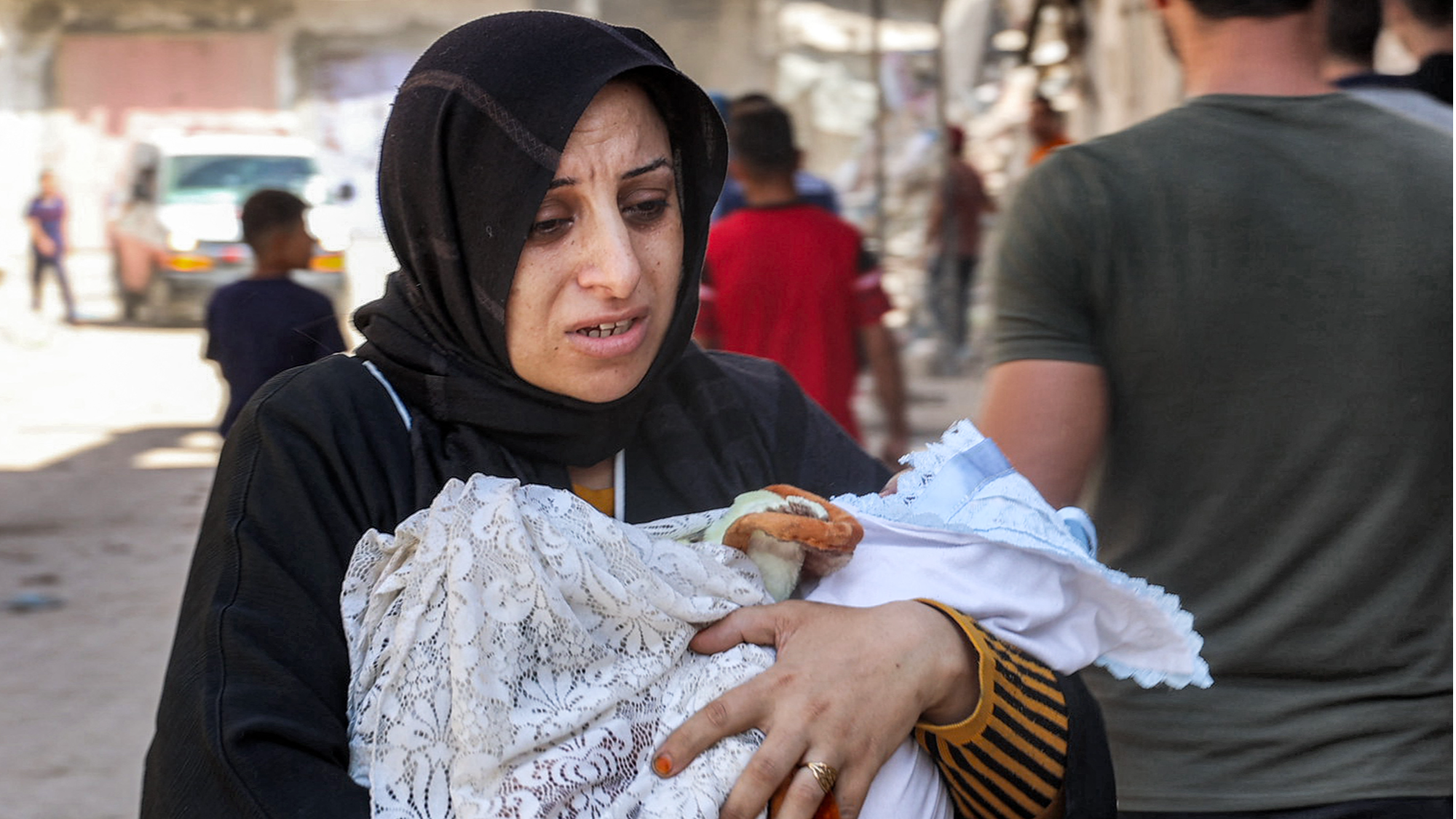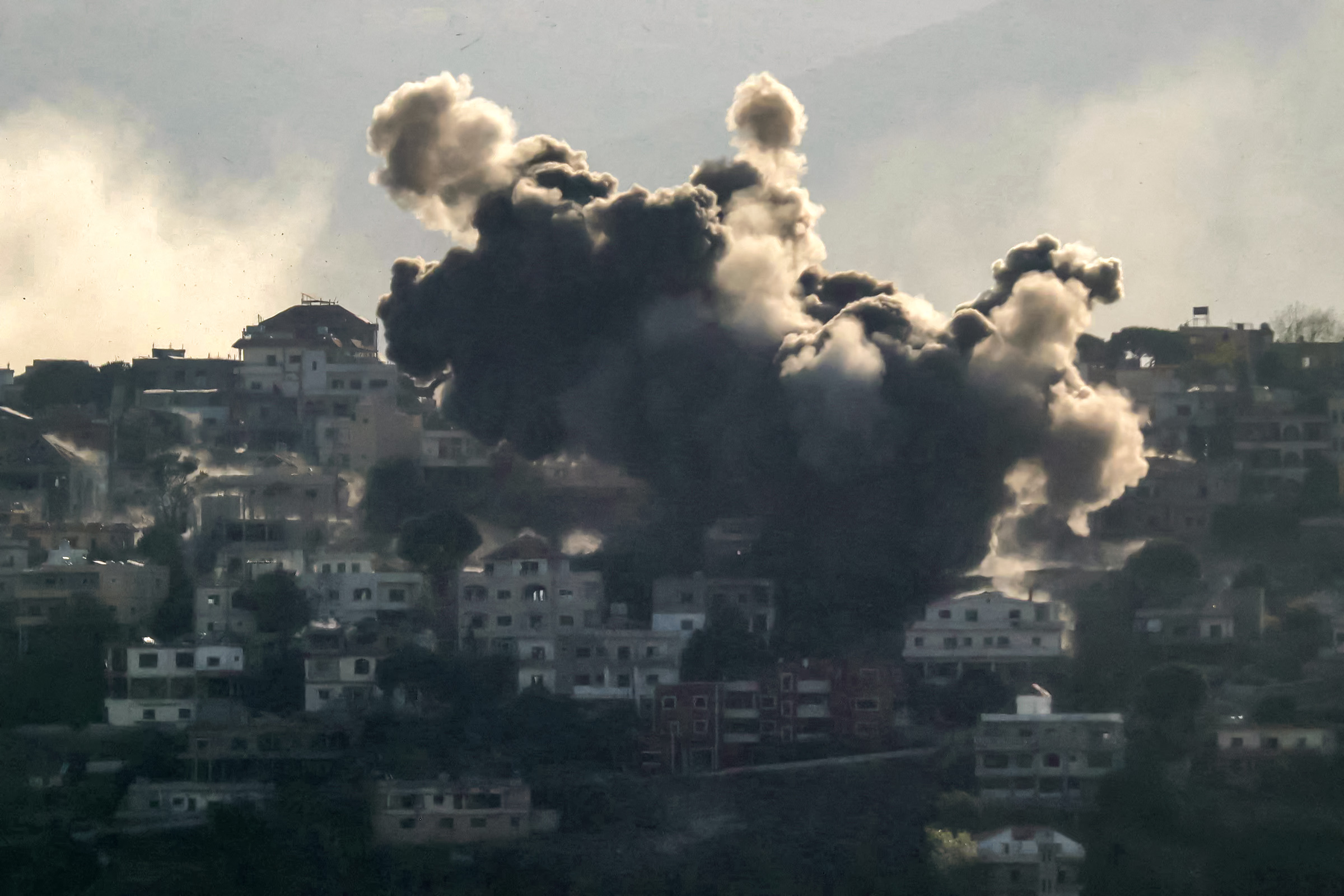
The United Nations Interim Force in Lebanon (UNIFIL) peacekeeping mission has insisted their operations will continue despite escalating Israeli ground attacks in the south, while a doctor in Gaza has also defied orders to shut down his hospital despite warnings from Tel Aviv.
Hussam Abu Safia, the director of Gaza’s Kamal Adwan Hospital, said the hospital intends to remain open despite formally being warned by the Israeli military to shut down and evacuate. The doctor’s refusal was because of claims there was no other hospital providing services and treatment to children after a year of conflict.
“We will continue to provide services even if the army enters the hospital,” he was quoted as saying by Al Jazeera.
“We will continue to provide services because we are providing, first of all, humanitarian services that are not violating international humanitarian law, and we are urging all international organizations to support us,” he added.
ALSO READ: Sources: 24 Palestinians killed in Israeli airstrikes across Gaza
Arab News reported that UNIFIL forces disclosed that they rejected repeated requests from Israel to vacate areas of their deployment along the border, insisting on the continuation of their operations, citing UN Security Council Resolution 1701, which was intended to end the 2006 Lebanon war.
Further, they had reported with serious concern on “activities conducted by the Israeli army near the mission site 6-52, southeast of Maroun Al-Ras in the western sector within Lebanese territory”. They reportedly said it was unacceptable to jeopardize the safety of peacekeeping forces while they are carrying out their mandated tasks from the UN Security Council.
The defiance from essential workers comes as Israeli military operations expand from Gaza to Lebanon, forcibly displacing hundreds of thousands of people amid constant bombings that have decimated homes and critical civilian infrastructures like schools and medical facilities.

Since the escalation of hostilities in late September, over 285,000 people — predominantly women, children, and people with disabilities — have fled from Lebanon into Syria, according to a UN Population Flash Appeal update on Oct 8.
The UN estimates that up to 480,000 people will be affected by the exodus, with 400,000 expected to cross the Syrian border and around 80,000 impacted in host communities.
In a video posted on his X account on Oct 9, UN Secretary-General Antonio Guterres lamented that around 400,000 people were “being pressed yet again in Gaza” to move south to an area that is “overcrowded, polluted, and lacking the basics for survival”.
He noted how families have been ordered to evacuate several times between last October and this May.
ALSO READ: Israel says it has killed slain Hezbollah leader's successors
“And just this month, they were ordered again to evacuate. The conclusion is clear: there is something fundamentally wrong in the way this war is being conducted,” Guterres said.
UN Special Coordinator for Lebanon Jeanine Hennis-Plasschaert and UNIFIL Head of Mission and Force Commander Lieutenant General Aroldo Lazaro published a joint statement on Oct 8.
In it, the UN leaders regretted that after 12 months of repeated appeals for restraint between Israel and Lebanon, the protection of civilians and adherence to both international humanitarian law and a political process anchored in the implementation of UN Security Council Resolution 1701 “have gone unheeded”.
“Today, one year later, the near-daily exchanges of fire have escalated into a relentless military campaign whose humanitarian impact is nothing short of catastrophic,” said the statement.

“With constant Israeli bombardment now part and parcel of daily life in Lebanon, and Hezbollah launching rocket and missile barrages at Israel, far too many people are paying an unimaginable price — with many killed, many more wounded, and hundreds of thousands displaced,” it added.
Further, it said that every missile or rocket launched, bomb dropped, and ground raid conducted “pulls the parties further away from the vision outlined in Resolution 1701 (2006), as well as from the conditions necessary for the enduring security of civilians on both sides of the Blue Line”, referring to the demarcation line between Lebanon and Israel.
In the absence of an agreed border, the UN identified a 120-kilometer line of withdrawal known as the Blue Line, which UNIFIL monitors and patrols, according to the UN.
READ MORE: Hamas delegation arrives in Cairo for talks with Fatah on reconciliation, Gaza
Following a deadly 30-day conflict between Israel and Hezbollah in 2006, the Security Council enhanced the mission with Resolution 1701, which includes the monitoring of the cessation of hostilities. UNIFIL has been operating in the area since the 1970s.
“What is also clear is that further violence and destruction will neither solve the underlying issues nor make anyone safer in the long run,” the statement continued.
“A negotiated solution is the only pathway to restore the security and stability that civilians on both sides so desperately want and deserve. The time to act accordingly is now,” the joint statement concluded.



